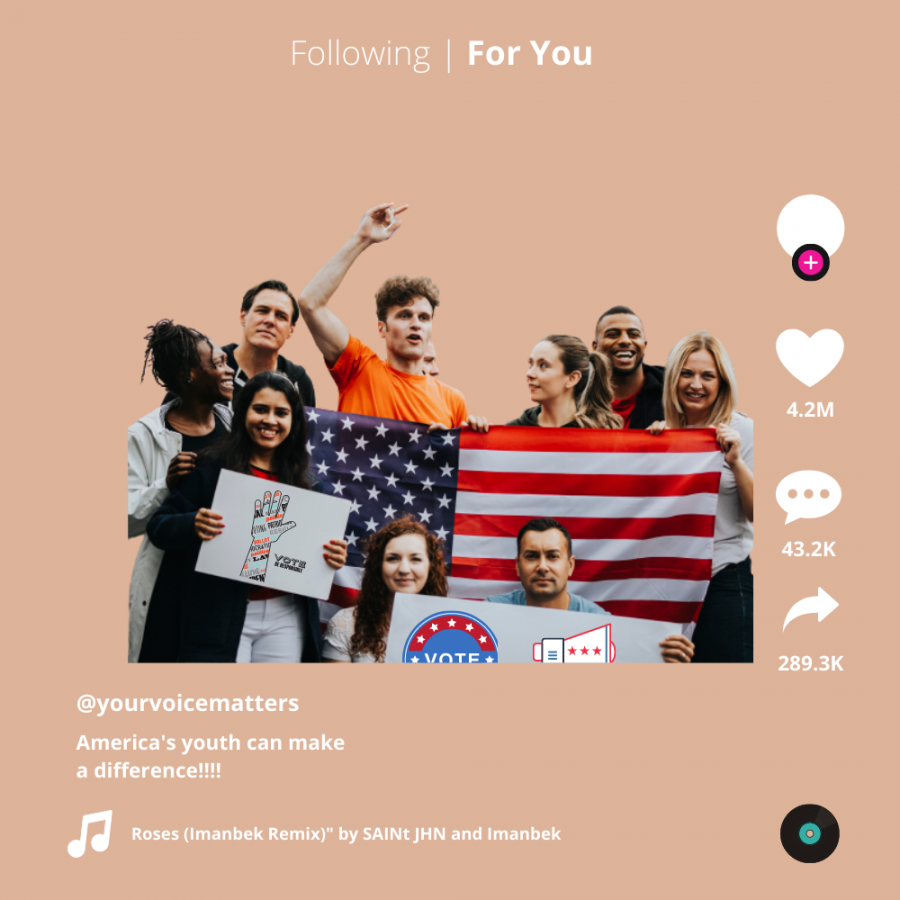Complicated is undoubtedly one way to describe whatever the year 2020 was.
Hosting a historical health crisis, lack of political stability and the civil uproar in response to a broken system, by no means was last year one to be remembered gracefully.
Current times have given way to historically unparalleled civilian political activism with more than enough motivation, but it is inevitable to take a step back and wonder where the passionate ever-energized youth will lead our beloved nation.
All throughout what was one of the most divisive presidential campaign seasons and a series of systemic injustices, younger generations have taken the country by storm, leading the way by organizing protests, providing online resources and even advocating for key issues such as climate change, police brutality as well as overall policy reform in the United States.
In his article, “Why All Those Criticisms About Millennials Aren’t Necessarily Fair”, Cardiff Garcia writes, “earlier generations have sometimes labeled millennials as lazy, coddled, afraid of traditional adult milestones.”
Such critiques by baby boomers and Generation X have influenced the younger generations, leading them to become “the other.” Born from 1980 to 1994 and from 1995 to 2010 respectively, millennials and members of Gen Z are fundamentally different from their parents and others before them. The generational divide in beliefs proves just this.
Some of the most tragic events the U.S. has seen recently are due to fundamental flaws in how our country is managed. Whether it’s police brutality in the U.S, deforestation in Australia or femicides in Mexico, the activism and acts of humanitarianism done by the American youth is worthy of applause.
Gen Z and Millenials have and continue to use social media to denounce human rights violations, challenge corruption and even create campaigns for causes they believe in. In an article by the Borgen Project, “Most Zoomers use various kinds of social media platforms, but one of the best platforms to reach millions is TikTok. Posting a graphic on an Instagram story with a small platform frequently reaches hundreds. However, on TikTok, 100 followers could easily make a video go viral.”
Although young people are at the forefront of sociopolitical & humanitarian activism, many would agree that these tech-savvy and trailblazing individuals should have the appropriate informational resources, knowledge, and organization needed to make the changes they wish to see realized in society. There is no doubt that the efforts put forth are commendable, the activism of the younger generation falls victim to logistical flaws such as mixed-messaging, manipulation by mainstream media and even unpolished communication.
Writer Per Axbom highlights this example of the shortcomings of this form of activism. “Instead of these black squares we might have seen important breaking news exposing police brutality and attacks on the press, alongside voices of reason, anguish, and witness reports from black people guiding us through this turmoil,” Axbom says.
Another troubling issue is the popularity of online performative politics and how individuals under this philosophy sabotage well-intentioned initiatives. As commonly defined, performative politics involves acting in such a way as to falsely represent the agenda.
Today, many participate in performative politics by sharing content of sociopolitical nature without truly supporting the cause and sadly, often without even caring about the cause. It is not too late to realize that society has turned politics into a game, stored on your phone and ready to play when we feel like it.
But when our country’s most vulnerable communities suffer and the sons and daughters of America cry, tell me, are you winning at your game?
Sebastian Mendoza is a freshman studying finance. Follow him on Twitter @sbstnmndza.







